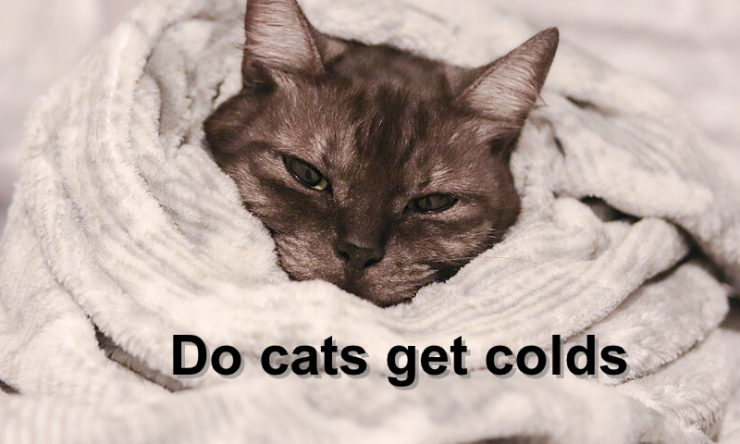Do cats get colds?
Cats are vulnerable to get colds, just like us. Upper respiratory infection [URI] or a cold is a common disease that affects kittens. Cats can get a cold in a setting where they are overcrowded, like shelters, breeding facilities and pet stores. Kittens found in shelters and pet stores have a high chance of developing upper respiratory infections since their immune system is not fully developed. And since they live close to other cats in the shelter, they are likely to get a cold.
What is an URI?
Colds or upper respiratory infections that affect the larynx, pharynx, and nose are either caused by bacteria or viruses. Some of the common viruses that cause colds are herpes and calicivirus, as well as bacteria such as chlamydia, mycoplasma and Bordetella. These harmful agents are spread in cats through a process called aerosolization.
When the sick cat sneezes, minute droplets that contain infectious materials are directly released into the atmosphere. Since the droplets are quite small, they remain airborne longer and can easily infect cats that are a distant away. This explains why colds spread quickly in an area with a large cat population. One sick cat can spread the cold to other cats in it’s proximity by sneezing. Infections may also spread by direct contact. On the other hand, it can spread through inanimate objects known as fomites. These inanimate objects can spread the disease if they become contaminated with infectious organisms. Common fomites include towels, food bowls and bedding material.
Symptoms and signs of cat colds
Cats that have a cold often develop mild signs, such as watery eyes, runny nose and frequent sneezing. In most cases, these symptoms can resolve without treatment. However, vulnerable cats, especially the old and young, can easily develop severe infections. Cats that have severe cold may develop:
Dehydration
Loss of appetite
A fever
Yellowish, thick eye or nasal discharge
A fever
Thick, yellowish nasal or eye discharge
Cats might become lethargic
How to treat cat colds
The appropriate treatment of colds in cats will depend on the severity. While the symptoms can be irritating for cats, mild URI and common cold can easily resolve without treatment. For more severe infections, eye medication and/or oral antibiotics might be necessary to treat the symptoms. If your cat is not drinking or eating, additional treatments like appetite stimulants, subcutaneous fluids and hospitalization may be necessary.
Conclusion
When you notice your cat’s symptoms have become severe, you should visit your veterinarian immediately to ensure your cat receives appropriate medication.
References: pet health network, Petmd, Pet plan
Copyright: Local Value


